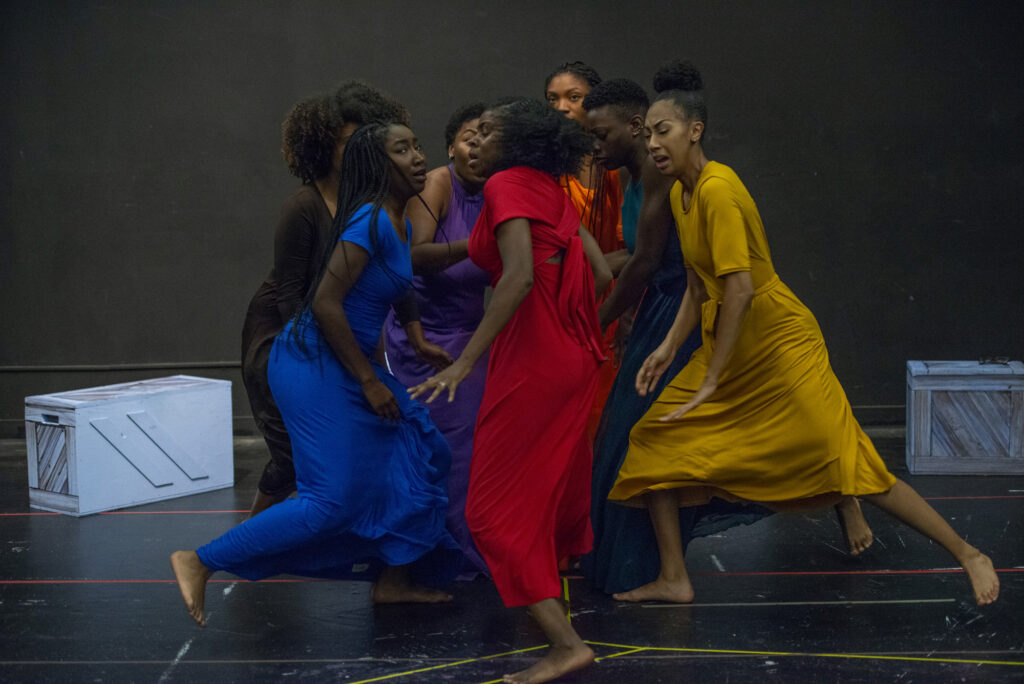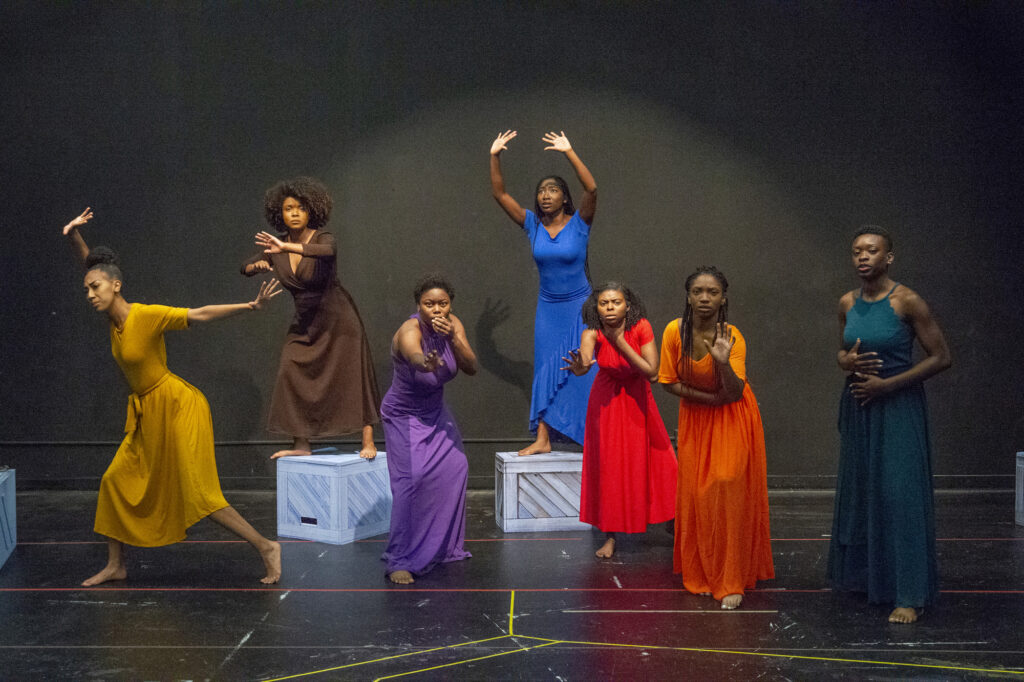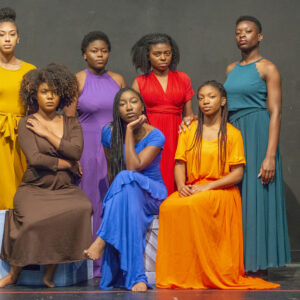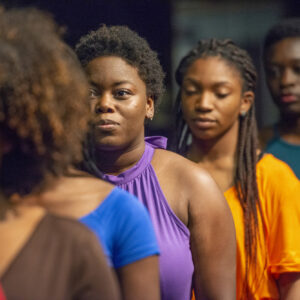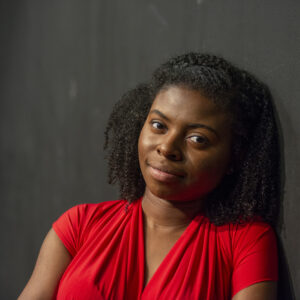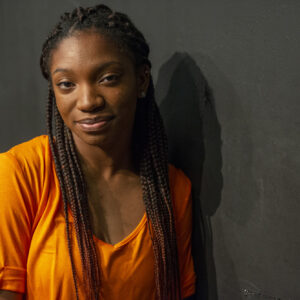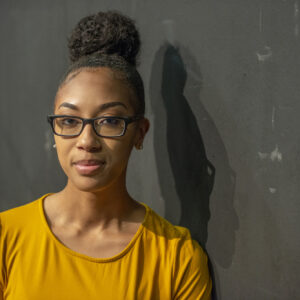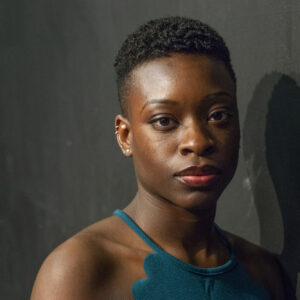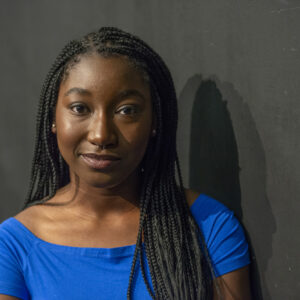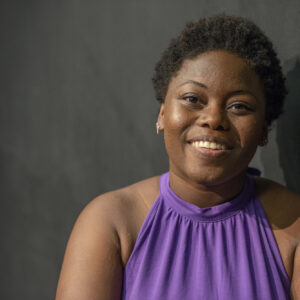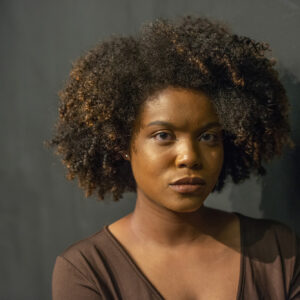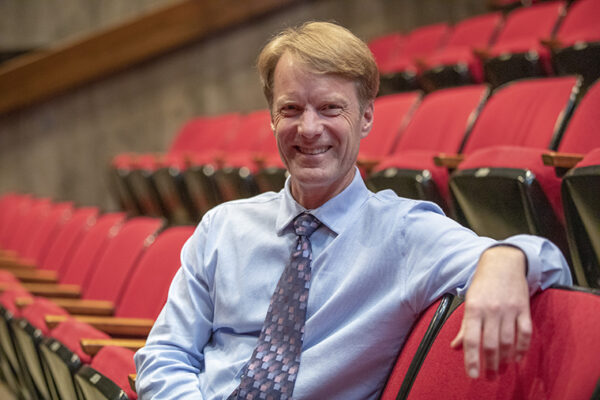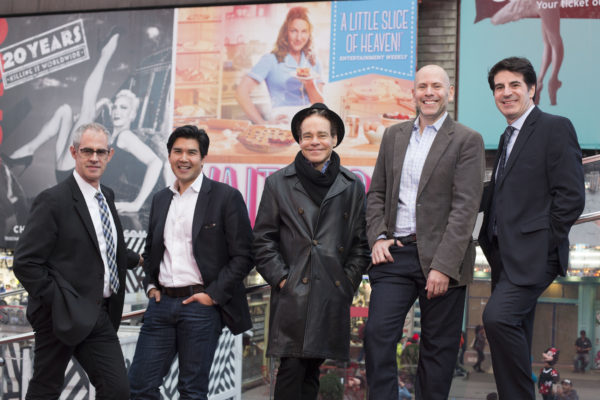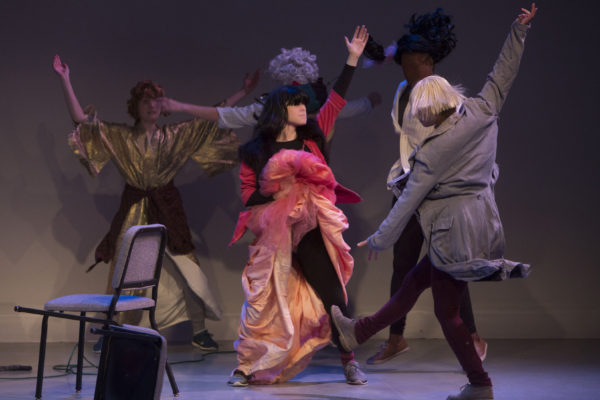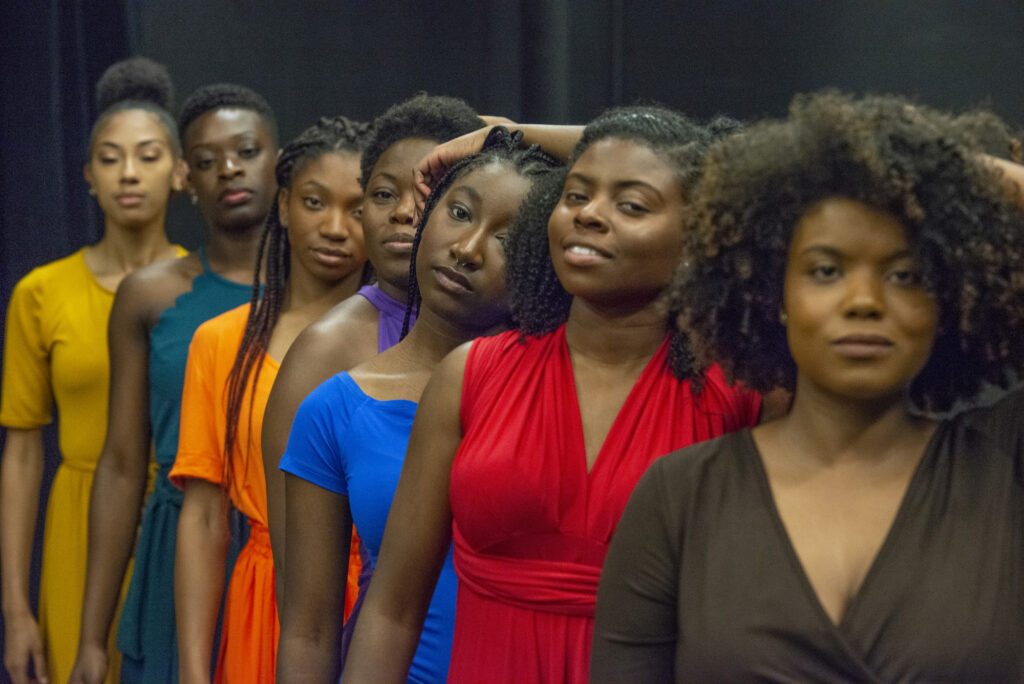
In 1974, Ntozake Shange and a small group of friends took the floor at Bacchanal, a feminist bar near Berkeley, Calif., and changed the face of American theater.
Shange, who’d spent much of her childhood in St. Louis, was a 26-year-old poet, dancer and women’s studies teacher who’d been honing her craft in cafes, coffee shops and poetry houses in the Bay Area and New York. Gradually, her body of work — a mixture of words and movement she dubbed “choreopoems” — began to take on dramatic structure.
At Bacchanal, Shange collected 20 choreopoems into an evening-length piece titled “for colored girls who have considered suicide/when the rainbow is enuf.” Three years later, “for colored girls” was the Tony Award-winning toast of Broadway, its cast recording echoing through dorm rooms across the nation.
“I was an undergraduate when it came out,” said Ron Himes, the Henry E. Hampton, Jr. Artist-in-Residence in the Performing Arts Department in Arts & Sciences, who will direct “for colored girls” Nov. 21-24 in the A.E. Hotchner Studio Theatre at Washington University in St. Louis. “Everybody had the album. There’d never been anything like it.
“It gave birth to a whole new genre of theater.”
A new generation
Just the second play by an African-American woman to reach Broadway, “for colored girls” was both structurally and thematically unique. From a bare stage, seven women, identified only by the hues of their clothes, address the audience on a range of topics — sexuality, abortion, rape and domestic violence — that previously had been considered taboo.
Reviews were strong. The New York Times praised its “vivid, even rambunctious, street humor as the characters mock the men who walk out of their lives, the alibis and excuses, the profusion of ‘sorries.’” The Washington Post called it “the most striking novelty of current theater.”
In the decades since, that “novelty” would prove strikingly durable, Himes said. “A lot of work has followed in Ntozake’s footsteps,” he argued. “A lot of shows, particularly solo shows, have taken similar paths, or used similar formats.
“But a lot of my students haven’t even heard of Shange,” Himes added. “I think it’s great that we’re able to introduce ‘for colored girls’ to a whole new generation.”
“It’s a challenge because the material is rich, and the material is tough,” Himes added. “But our cast is rising to the occasion.”
Cast and crew
The cast of seven features Kyliah Thompson and Raevyn Ferguson as the lady in red and the lady in orange. Tyler Simone White is the lady in yellow. Eudora Anyagafu and Jenise Sheppard are the lady in green and the lady in blue. Christina Yancy is the lady in brown. Faith Washington-Flowers is the lady in purple.
Multi-instrumentalist Jeff Anderson provides musical accompaniment. Heather Beal is choreographer, with assistance from Niara Swann. Sets and costumes are by Harlan Penn and Nikki Glaros, with props by Emily Frei. Lighting and sound are by Lucie Kirk and Benjamin Lewis. The stage manager is Sabrina Spence, with assistance from Dwayne McCowan.
Tickets
“For colored girls who have considered suicide/when the rainbow is enuf” begins at 8 p.m. Thursday, Friday and Saturday, Nov. 21, 22 and 23; and at 2 p.m. Saturday and Sunday, Nov. 23 and 24.
Performances take place in the A.E. Hotchner Studio Theatre, located in Mallinckrodt Center, 6465 Forsyth Blvd. Tickets are $20, free for WashU students and $15 for other students, seniors and Washington University faculty and staff. Tickets are available through the Edison Theatre Box Office.
This production is presented by special arrangement with SAMUEL FRENCH, INC. For more information, call 314-935-6543.
